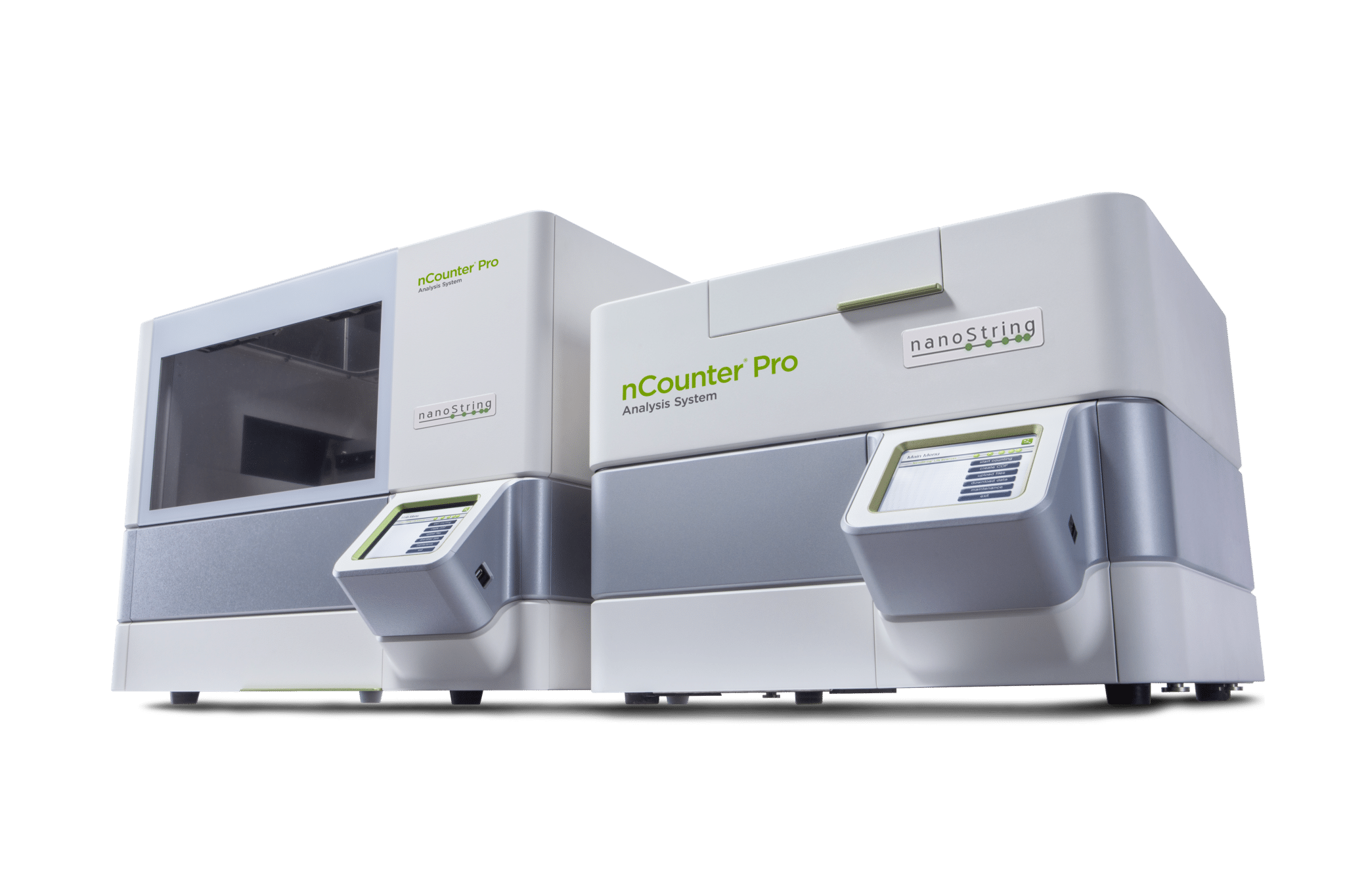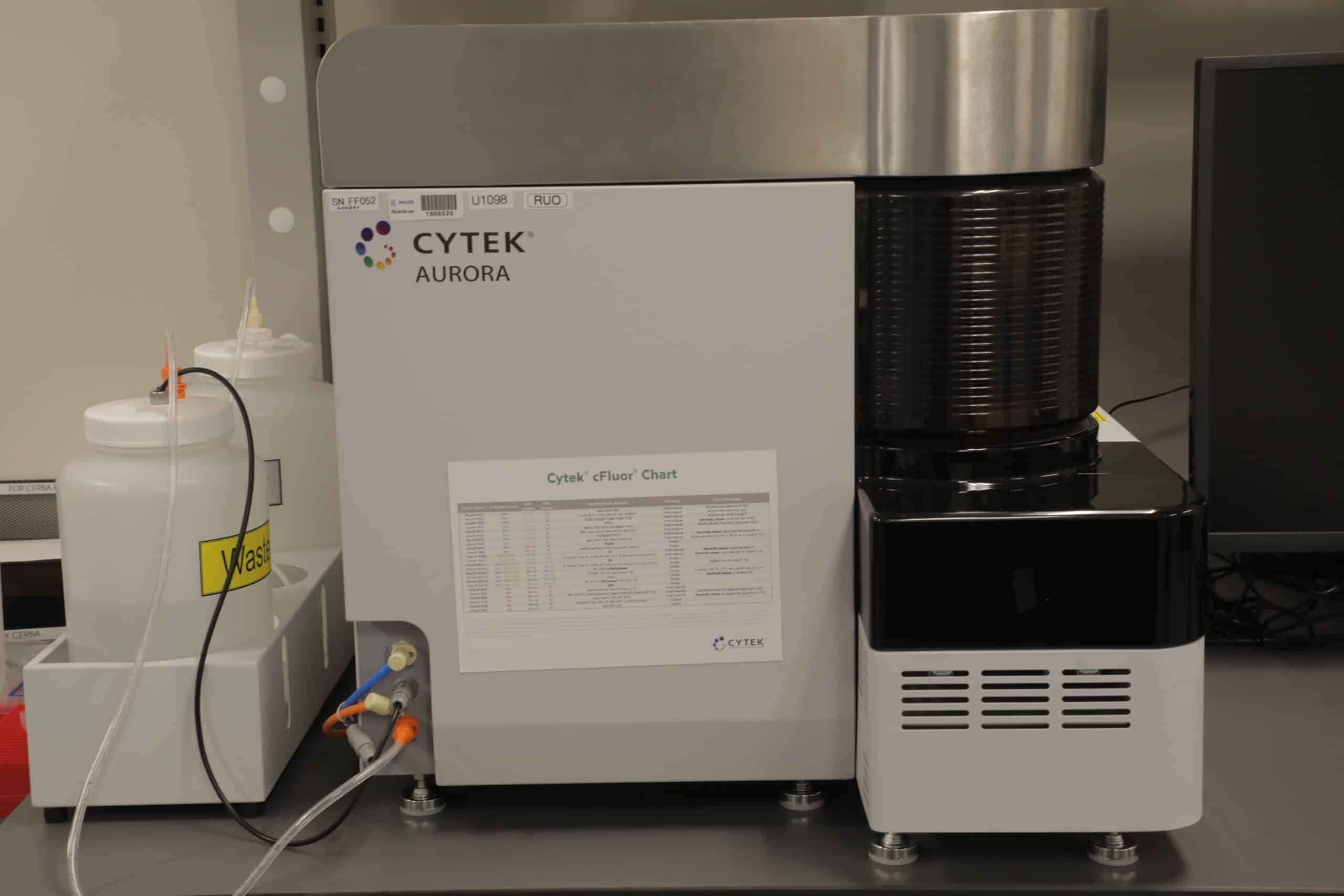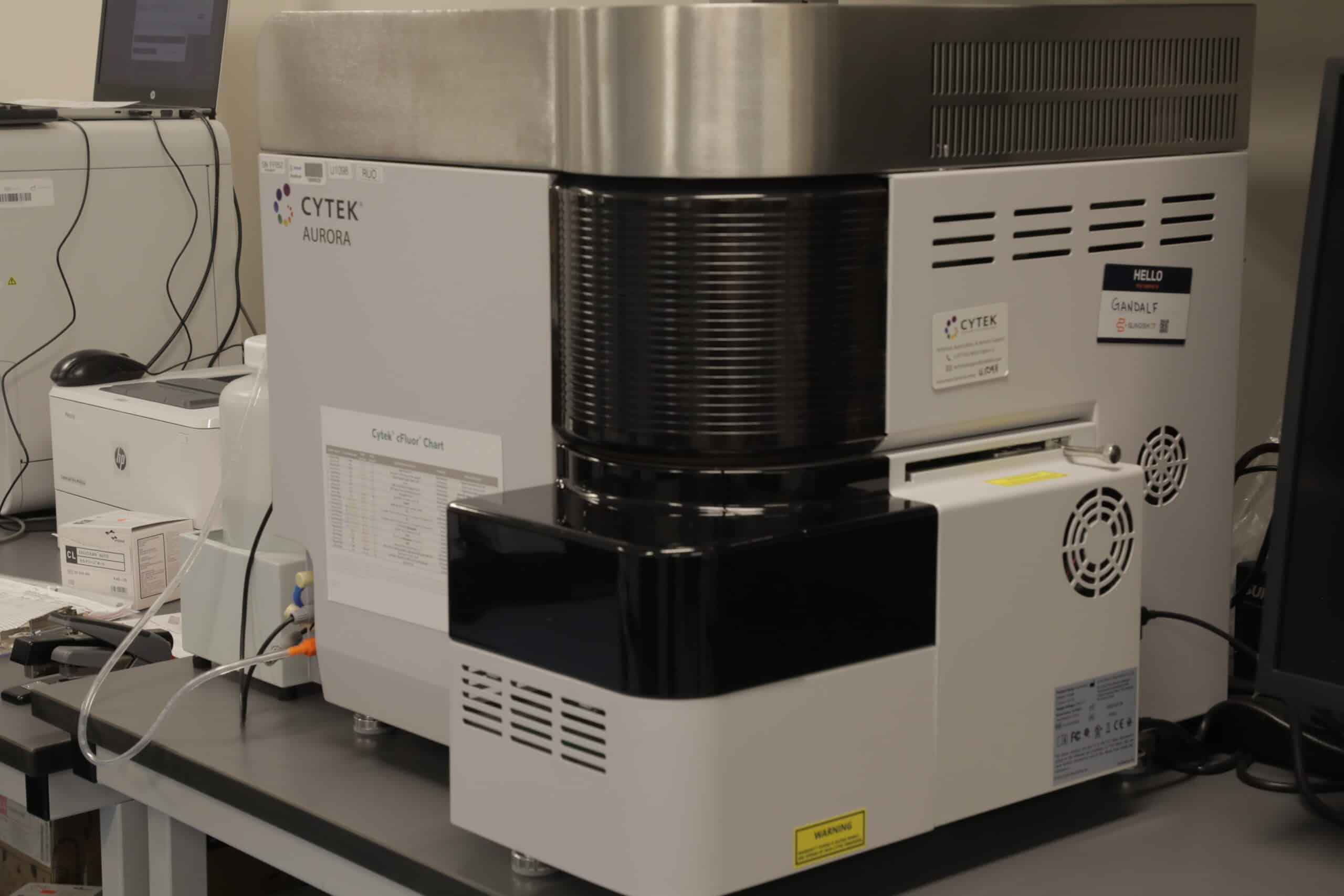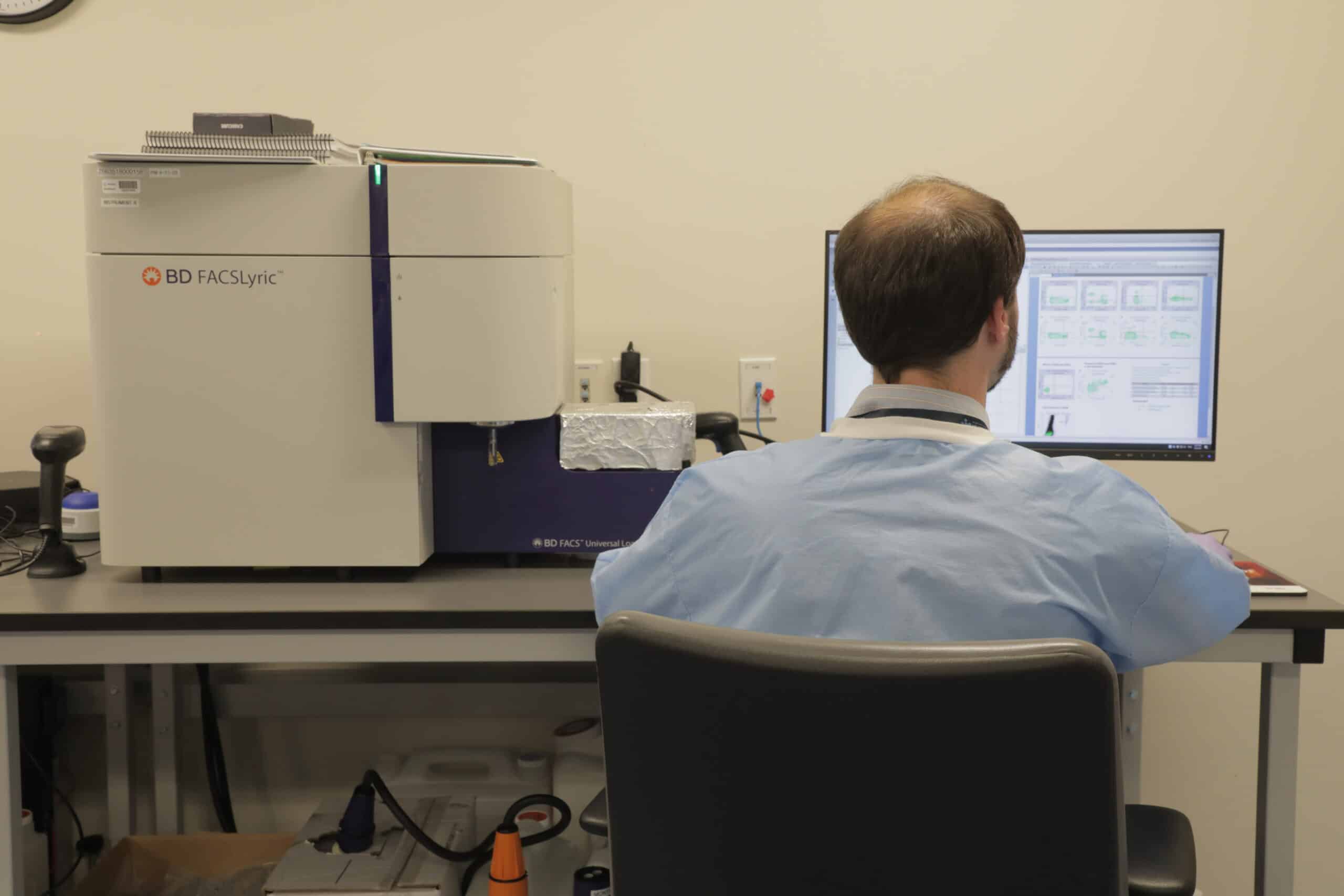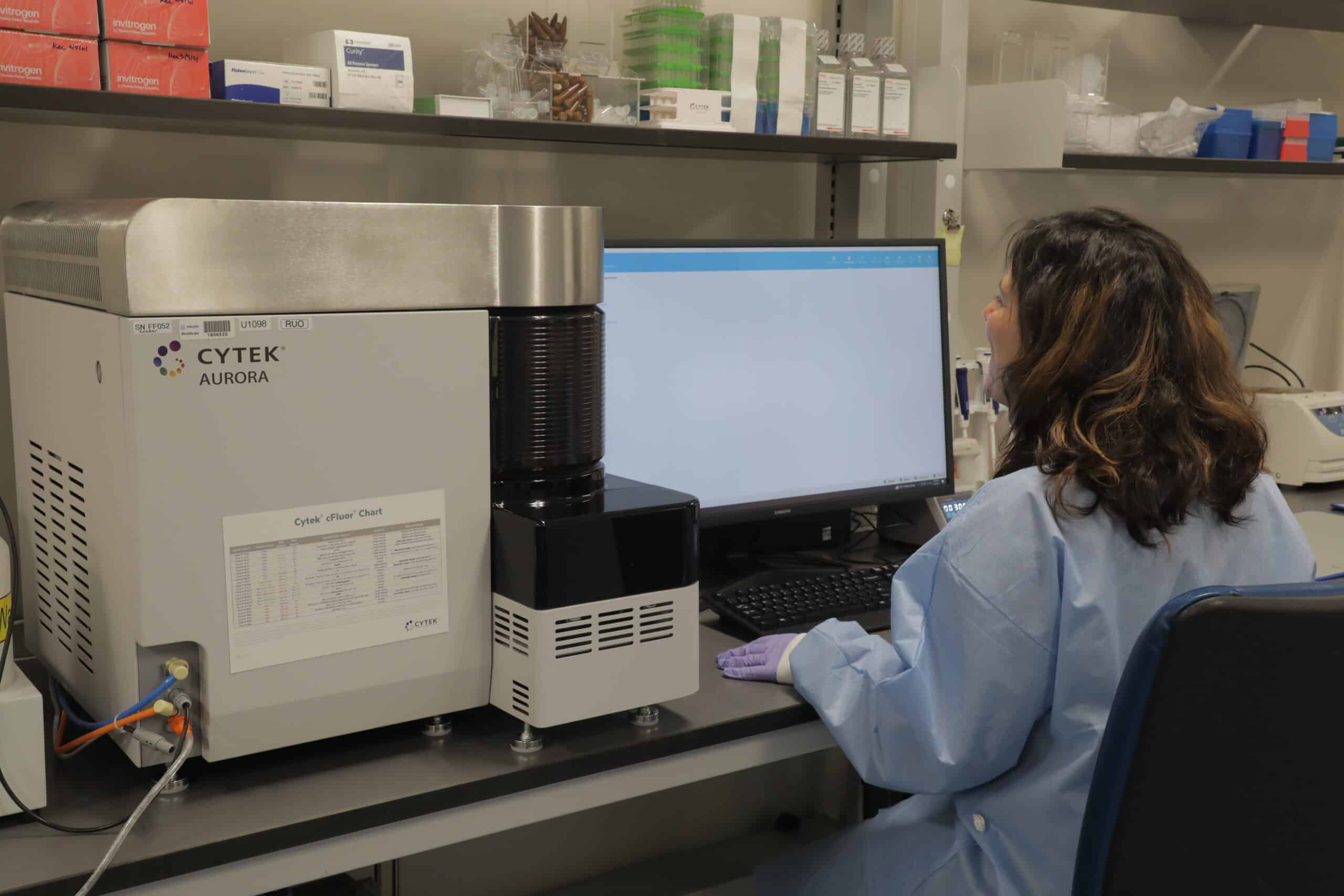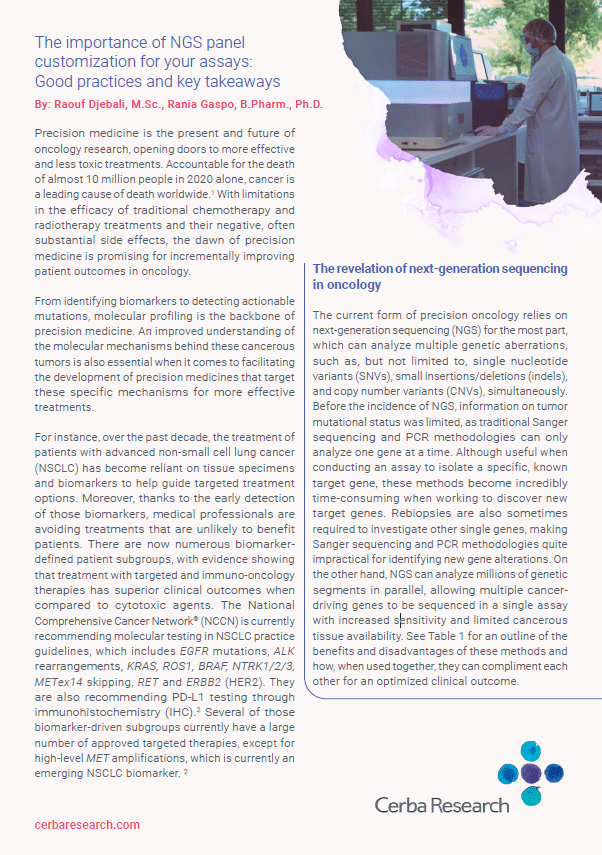In the ever-evolving landscape of healthcare, Cell and Gene Therapy (CGT) stands at the forefront of groundbreaking advancements. With the power to precisely manipulate cells and genes for therapeutic purposes, CGT offers immense promise in treating diseases at their root.
In the whitepaper “Prioritizing Safety in CAR-T Therapy: Patient Monitoring with Cerba Research’s Testing Portfolio.” we dive into the critical realm of patient safety within CGT. Authored by industry experts, this comprehensive guide presents a novel approach to patient safety monitoring, fusing breakthroughs in flow cytometry and genomics solutions.
Key Topics Covered:
🔍 Understanding the Risks: Ensuring Patient Safety: As CGT continues to revolutionize medicine, it’s imperative to acknowledge the inherent risks associated with these therapies. From the potential for insertional oncogenesis to the emergence of replication-competent viruses, safeguarding patient safety remains paramount.
📊 Key Capabilities: Vector Copy Number (VCN) Testing, Viral Integration Site (VIS) Analysis, Replication Competent Virus Testing, Immunophenotyping and Enumeration.
⚖️ FDA Concerns: FDA’s requirements to ensure safety and adverse events
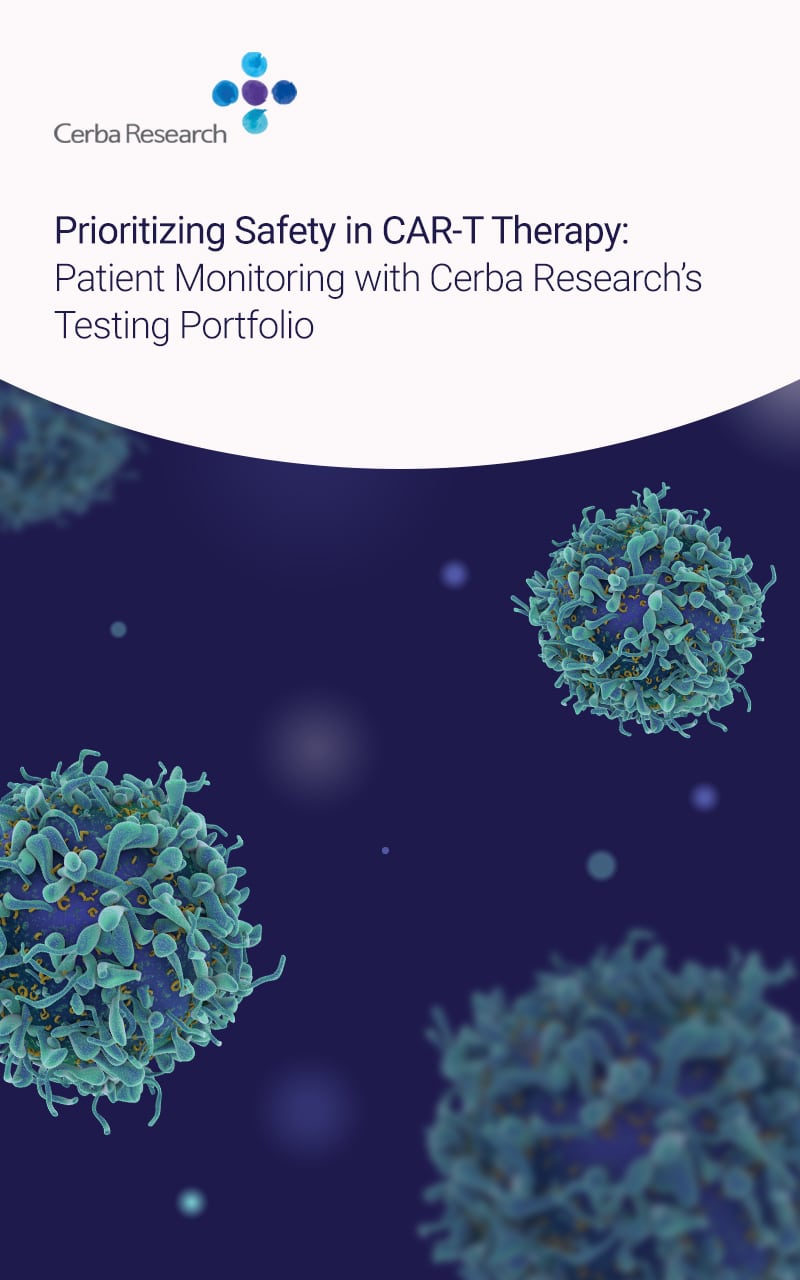
White paper – Prioritizing Safety in CAR-T Therapy: Patient Monitoring with Cerba Research's Testing Portfolio
Reach out to our experts and discover how we can help you transform your research and advance health in the field of immune repertoire sequencing.


